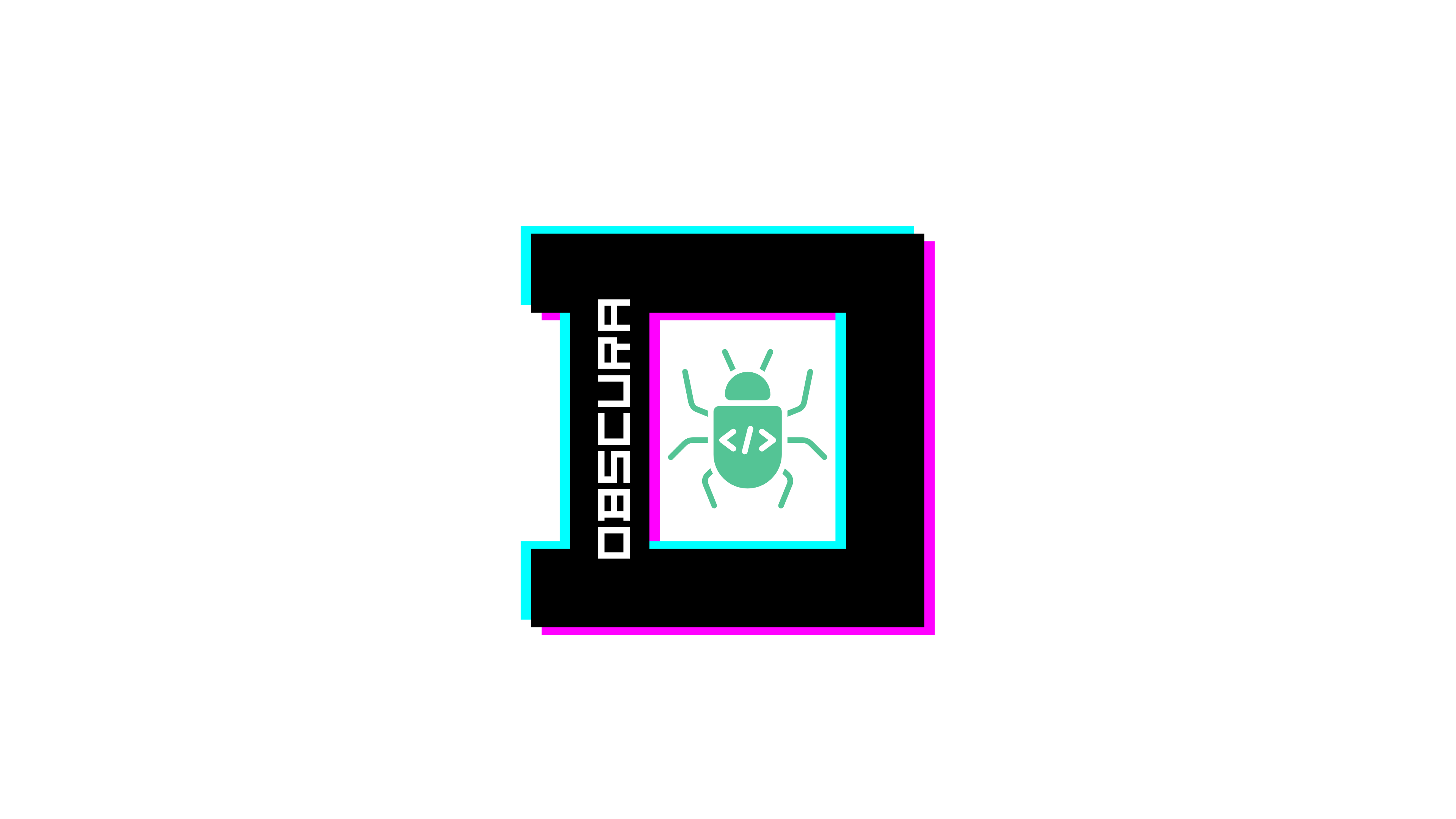Typo3 CMS - v13.4.11 - Unrestricted File Upload
| Type | software |
| Product Environment | web |
| Product Name | Typo3 CMS |
| Product Vendor | Typo3 Association |
| Product Version | 13.4.11 |
| Product Link | https://github.com/TYPO3/typo3 |
| Vulnerability Name | Unrestricted File Upload |
| Severity | Medium |
|
CVSS String
|
CVSS:3.1/AV:N/AC:L/PR:L/UI:R/S:U/C:N/I:H/A:N |
| CVSS Score | 5.4 |
| CVE ID | CVE-2025-47939 |
| Vendor Acknowledgement | Yes |
|
Affected digital Assets
|
198333 |
|
Affected Users
|
19833300 |
| Date of Reporting | Feb 19, 2025 |
| PoC Exploit | - |
| Credit | 0xhamy |
Description
TYPO3 permits site editors with filelist permissions to upload restricted file types, such as .exe executables, bypassing intended safeguards. These files can then be directly served to end users, turning the platform into a vector for malware distribution. Furthermore, attackers can upload .html files containing a <meta> refresh directive to automatically trigger downloads of these executables, enabling drive-by malware attacks without user interaction. Although Content Security Policy (CSP) blocks JavaScript-based exploits, this HTML-based bypass remains effective.
Reproduce
-
Log in to the TYPO3 backend as an editor with filelist permissions.
-
Navigate to the file management module:
https://t3example.ddev.site/typo3/module/file/list?id=1 -
Click "Upload Files" and select an .exe file (e.g.,
shell.exe) to upload it to thefileadmindirectory. -
Create and upload a new
file.htmlfile in the same directory with the following content:<meta http-equiv="refresh" content="1;url=https://t3example.ddev.site/fileadmin/shell.exe"> -
Access the uploaded HTML file:
https://t3example.ddev.site/fileadmin/file.html
The browser will automatically redirect and initiate a silent download of the .exe file.
Recommendation
-
Configure Allowed File Extensions: Utilize the new configuration option
$GLOBALS['TYPO3_CONF_VARS']['SYS']['miscfile_ext']to explicitly define permitted extensions beyond the default text and media groups (e.g., add archive formats like zip or xz if needed). This helps restrict uploads to safe types only. -
Enable Security Feature Flags:
security.system.enforceAllowedFileExtensions: Enforces the defined list of allowed extensions. This is enabled by default in new TYPO3 installations but disabled in existing ones to avoid disruptions—activate it manually for upgrades.security.system.enforceFileExtensionMimeTypeConsistency: Validates that a file's extension matches its actual MIME type for added integrity checks. This is enabled by default.
-
General Recommendations: Update to the latest TYPO3 version, review and audit file permissions regularly, and implement server-level restrictions (e.g., via
.htaccessor web server configs) to block execution or serving of dangerous file types. Monitor upload logs for suspicious activity.
